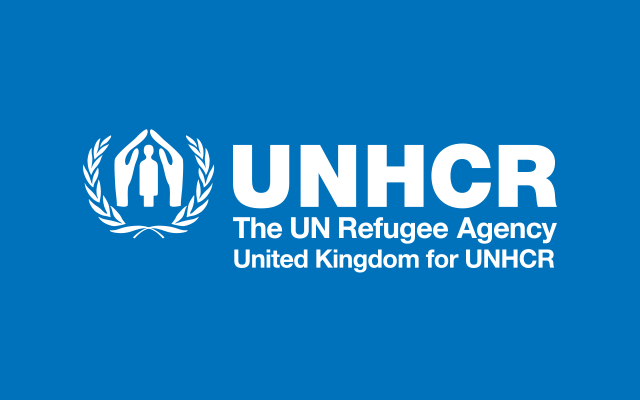Hope for Digital Protection Partnerships: Allies Against Misinformation, Disinformation and Hate Speech
© UNHCR/Charity Nzomo
In our digitally connected world, the power and reach of digital platforms is undeniable. When social media emerged a generation ago digital platforms were embraced as exciting new ways to connect, innovate and learn. But optimism over that potential dampened as a surge in vicious hate speech, mis- and disinformation leached from the margins of digital space into the mainstream.
The growth in the use of digital channels offers new opportunities for forcibly displaced and stateless people but also brings new risks. Hate speech, misinformation and disinformation are causing harm to the forcibly displaced and stateless, and hampering the delivery of lifesaving humanitarian assistance. Manipulated information is widely distributed by social media platforms, while trusted sources, facts and testimony are suppressed. The protection of people forced to flee is increasingly threatened by this erosion of information integrity.
UNHCR is very concerned about the heightened risks posed by mis- and disinformation, hate speech and other online harms in contexts of fragility and conflict, and in particular on displaced and stateless populations. Strengthening digital protection is a priority under UNHCR’s Digital Transformation Strategy 2022-2026.
Three key areas we’re working on
- Raising awareness about the direct impact of these online harms on displaced and stateless communities in humanitarian contexts, such as the use of social media platforms to spread disinformation and hate against the Rohingya in Myanmar. There is also the threat to humanitarian action: mis and disinformation can threaten trust and credibility of lifesaving humanitarian work, hampering our ability to protect displaced and stateless people, and threatening the security of humanitarian workers. Intentional or not, harm is being done.
- Developing a better understanding of the challenges – and tools to help us respond. The nature of these digital harms differs across regions, countries, cultures and languages. There are many commonalities – notably the global platforms themselves used to spread hate and false narratives across borders – but to properly understand and mitigate these harms we must work directly with affected communities. More humanitarian-focused research is needed, from geographically diverse experts. We need foresight on trends, especially generative A.I.. And we need the tech sector’s support: for example, access to data and APIs are essential to understand the life-cycle of online hate speech and disinformation. Above all, the voices of people far away from the world’s powerful tech hubs must be heard and heeded.
- Partnerships are key to developing a sustainable response, and ultimately, protecting communities from digital risk. UNHCR has a new capacity dedicated to understanding, mitigating and helping prevent misinformation, disinformation and hate speech in humanitarian contexts. But any solutions go well beyond the capacity of a single organisation. Online harms can be cross-border in nature, and are increasingly commercialized. Countering them requires international cooperation and multi-stakeholder partnerships that are compliant with international human rights law, and companies are increasingly motivated to act. Neither advertisers nor users should want to see or indirectly fund the spread of hate and disinformation on digital platforms.
Tech companies are taking action. But they need help to navigate difficult ethical and legal issues, understand contexts on the ground – especially in conflict and humanitarian situations – and to build business models based on a healthy information ecosystem. UNHCR is ready to help build these collaborations. We are already learning, testing and collaborating with multi-sector stakeholders – private sector, and especially the UN partners, NGOs and civil society, academia and others. We are open and looking for more! We look forward to working with our partners in the UK and globally to make the digital space safer and more inclusive for the forcibly displaced and stateless.
Gisella Lomax works for UNHCR, the UN Refugee Agency, as Senior Advisor on Information Integrity. Based in the UK, she leads a new capacity to address the harmful impact of mis, disinformation and hate speech on people forced to flee, and on humanitarian action.




